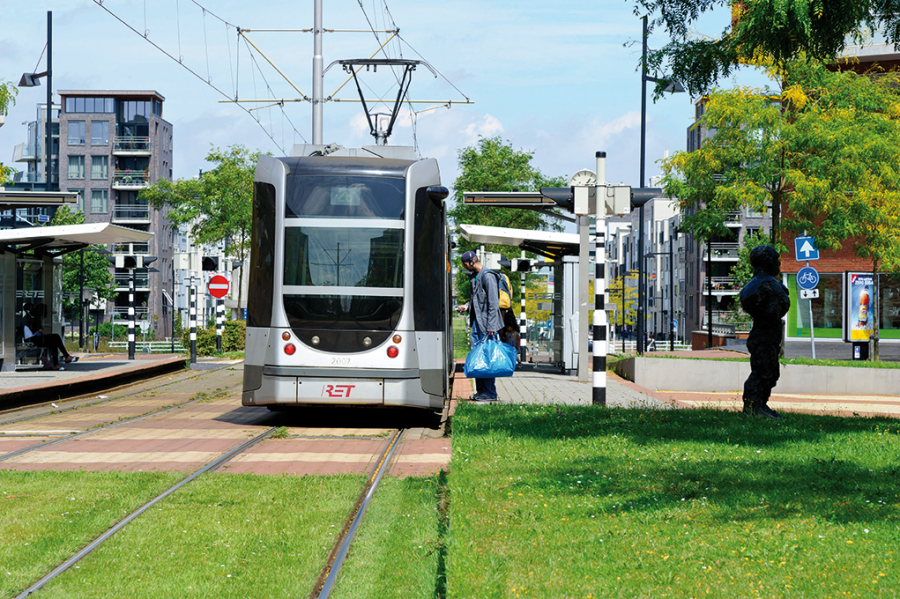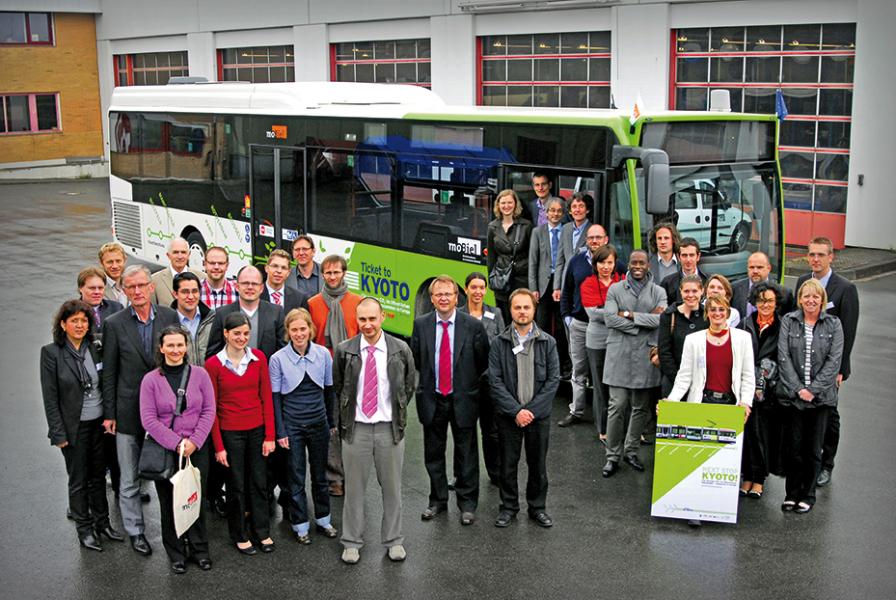Achieving Quick Wins
The five partners have implemented easily achievable, short-term, energy-saving measures that require minimal investment, referred to as ‘Quick Wins’.Investing to reduce CO2 emissions
More than half of the T2K budget was dedicated to investments to improve the energy efficiency of transport infrastructure. The investments focus on: saving energy in stations and other infrastructure; heat recovery; energy recovery from braking; and local energy production.Developing strategic CO2 reduction plans for 2020
The partners built a common CO2 footprinting method, defined common energy and climate indicators, and improved their energy monitoring. They also developed a standardised method to implement a CO2 calculator in the five partner cities, with a view to informing users about CO2 emissions produced when they use public transport. This work package was concluded by developing CO2 reduction strategies until 2020.
Optimising policies and regulations for CO2 reduction measures
Given the interactions between public transport companies and their stakeholders (local governments, operators, suppliers, and maintenance contractors), the partners developed a vision for improving the policy and legal context within which they operate. Benchmarking tools were also developed.
Mobilising people and industry
This last work package aimed to encourage T2K partners’ internal and external stakeholders to reduce their own energy use and carbon emissions through awareness-raising campaigns and events. Partners shared best practice on communication strategies to deliver these campaigns and events.


